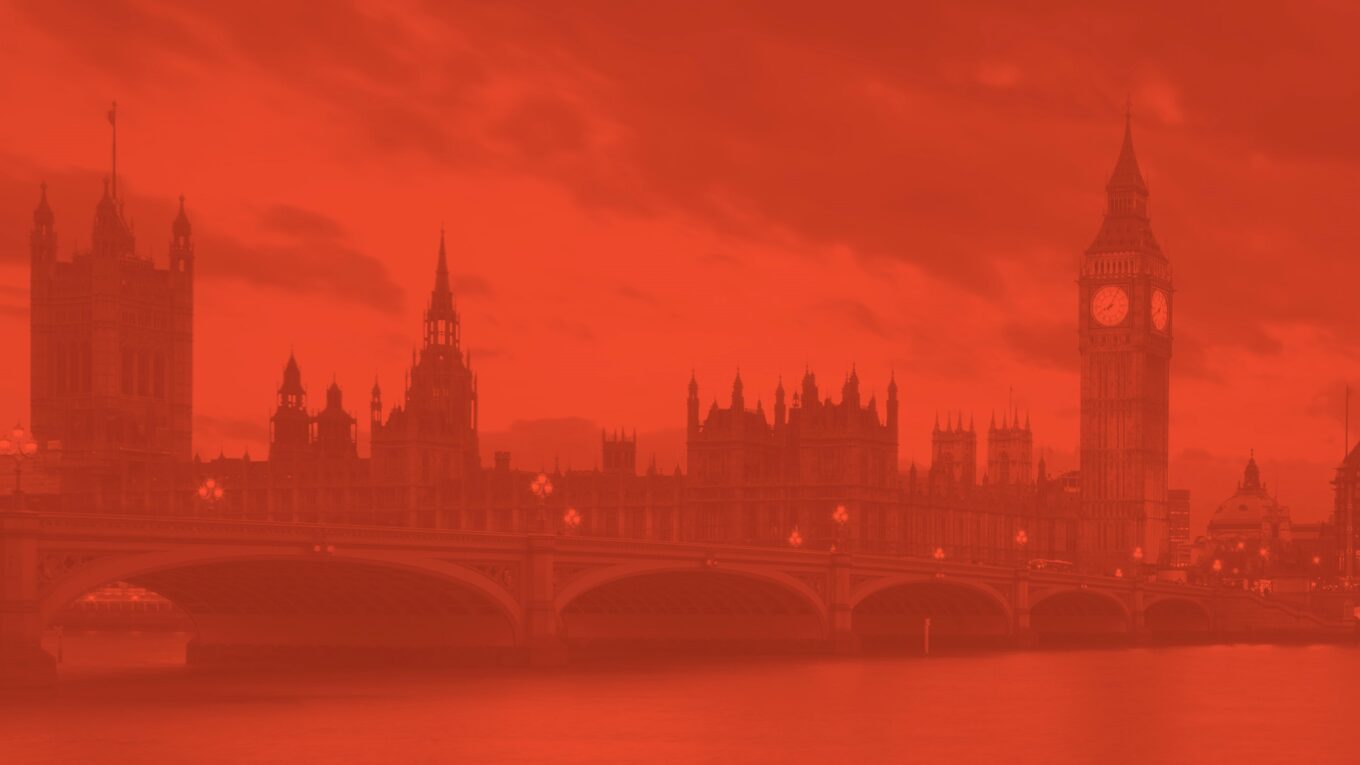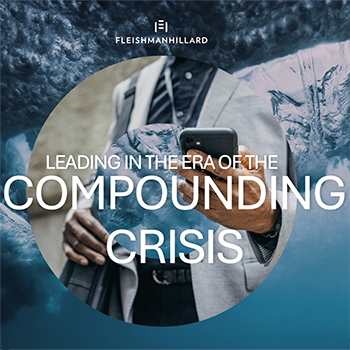Keir Starmer is on course for Number 10: Why now is the time for businesses to help mould Labour’s plans for Government

Luke Downham, Account Director, Public Affairs & Head of the Labour Unit
Keir Starmer’s launch of Labour’s “Five Missions” for Government represents the beginning of a new phase in the party’s strategy to re-take Number 10 in 2024 after fourteen years of Opposition.
With the party consistently 20+ points ahead in the polls, Starmer recognises that 2023 represents a year of heightened scrutiny on his party’s policy proposals.
Yet, for many months, focus groups, the Westminster commentariat, and the electorate more broadly had continued to wonder what Labour’s policy platform in Government will be. The five missions mark a useful device for depicting Labour as a Government-in-waiting, setting out the bedrock of the manifesto, and providing a retail offer on the doorstep.
Cross-cutting missions aimed at tackling short-term thinking and Whitehall departments working in silos represent a key indicator of the type of Government Starmer will lead. Labour in Government will be long-term in its thinking, putting an end to the “sticking plaster politics” of the 2010s and early 2020s, and driven by partnership in the pursuit of reform.
However, despite the clarity that the public now has on the macro approach for reforming Britain, there remain questions about the specifics underpinning this top-line blueprint for change.
The feeling remains that there is a gap between the outstanding progress made to get so close to power and the realities of wielding it from 2024 in policy terms. That is why it is important for businesses to engage on substance now.
Difficult choices ahead on policy, but opportunities are there to be taken
The party’s ongoing appetite for engaging with businesses represents an opportunity to shape Labour’s first months in office, with specific policy proposals a real advantage when engaging with the party.
Difficult choices are the essence of being in power. Mission-driven government will be critical to getting Britain back on track, but in the absence of a flush national balance sheet, Labour can only govern effectively in partnership with different actors across the economy.
That is why Labour launched the National Policy Forum (NPF) consultation process, closing in just two weeks, to arm the Shadow Cabinet with the concerns of businesses, in addition to developing tangible solutions during a first Starmer term. After the process concludes, further options remain to engage and influence the party’s thinking.
Now is the time to engage:
-
Participate in the National Policy Forum consultation process
Labour’s National Policy Forum (NFP) is conducting a round of consultation to inform the party’s manifesto. To inform that process, each of the NPF’s six policy commissions are conducting a consultation, closing 17th March. The formation of specific policy solutions will also provide a solid basis on which to engage key stakeholders from Q2.
-
Engage Shadow Cabinet Ministers and their Political Advisers
The NPF process acts as an important opportunity in shaping policy stances, asks and offers, whilst providing ready collateral. Presenting Shadow Cabinet Ministers and their Political Advisers with key policy stances that align with Labour’s political and policy strategies will be key to them in turn feeding into the policy process.
-
Explore trade body activity
Labour’s business charm offensive is time conscious and efficient. In order to a broad range of sectors and issues, the party has shown a propensity for trade body engagement. This presents you with an opportunity to discuss with your trade body how you might serve as a core case study, or as a host for a policy roundtable.
-
Consider your public profile
Articulating your view through earned media campaigns could resonate with the public on your core issues of concern, and increase the legitimacy of your campaign.
FleishmanHillard’s Labour Unit helps businesses and organisations understand the implications and opportunities of a change of government. Contact Luke Downham, Head of Labour Unit, to find out more.
Find Out More
-
Leading in the era of the compounding crisis
October 2, 2025
-
AI in the Newsroom
August 26, 2025


